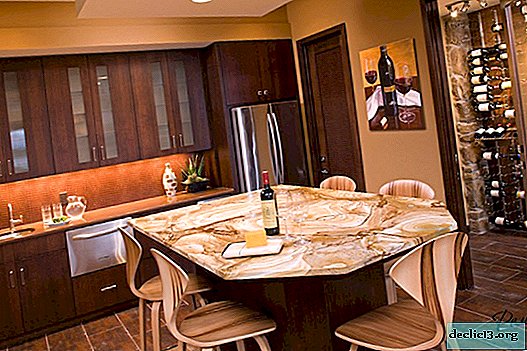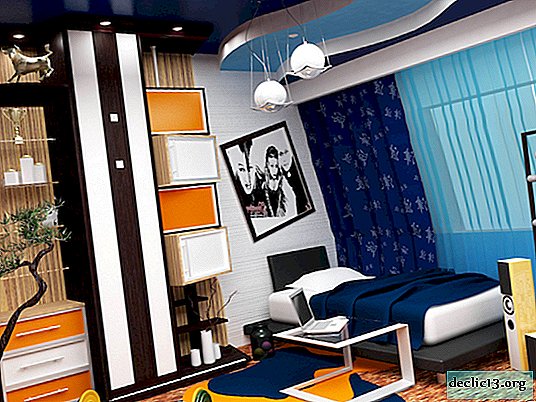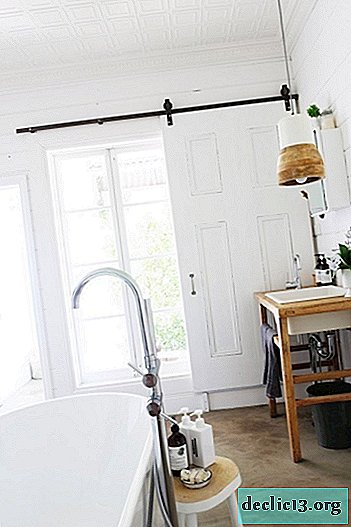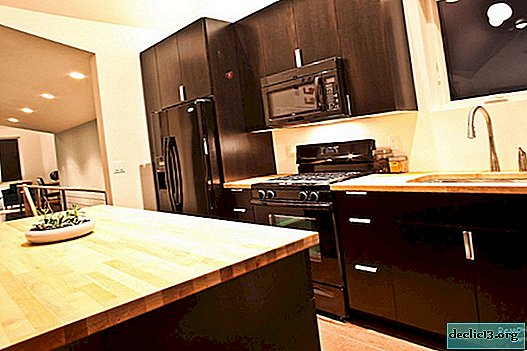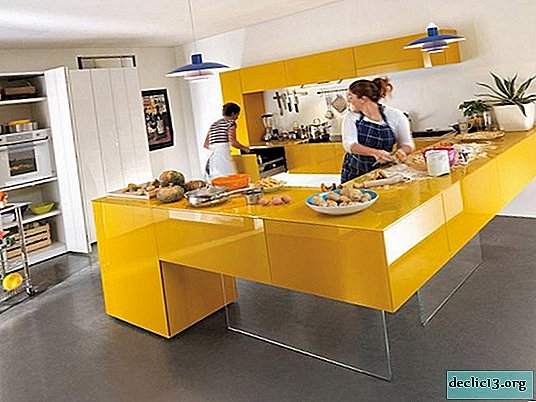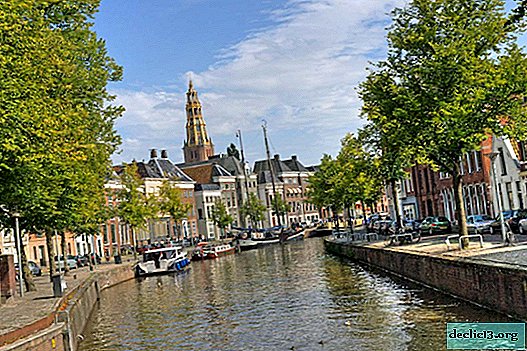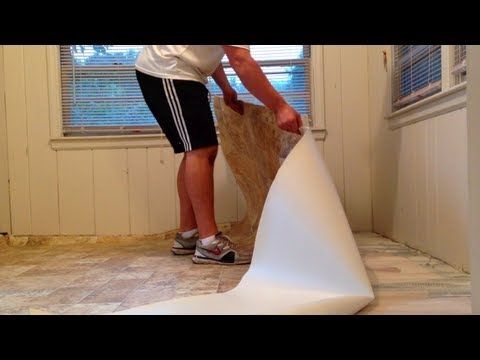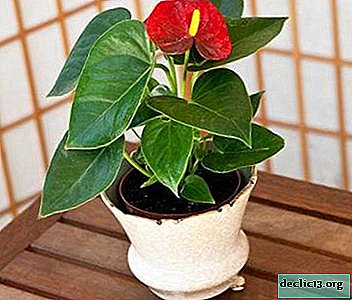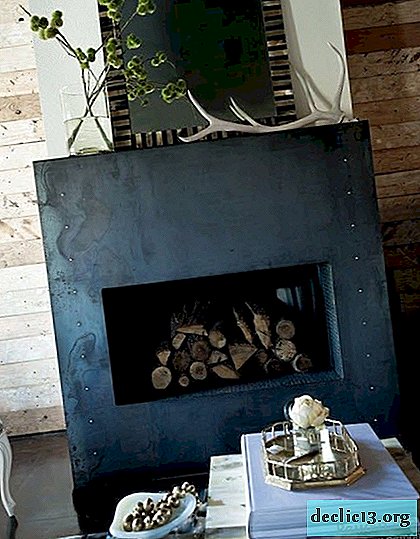Porcelain tile for the kitchen
Due to the peculiarities of the production technology, ceramic granite cladding materials have unique properties. Physical and technical properties, as well as unique density make this material one of the best for the kitchen.
Why is porcelain tile so good for the kitchen?
Durability
The surface is abrasion and wear resistant.
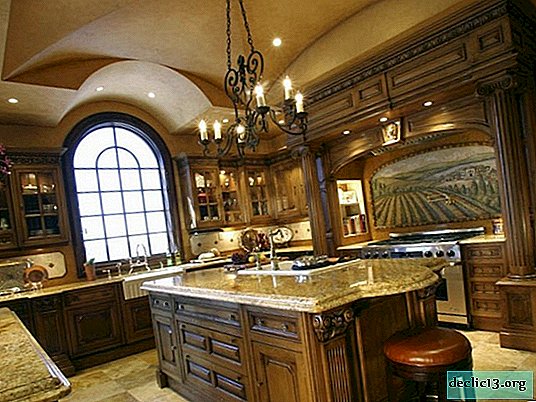
Not afraid of moisture
Excellent waterproof qualities, water absorption of porcelain stoneware less than 0.05%
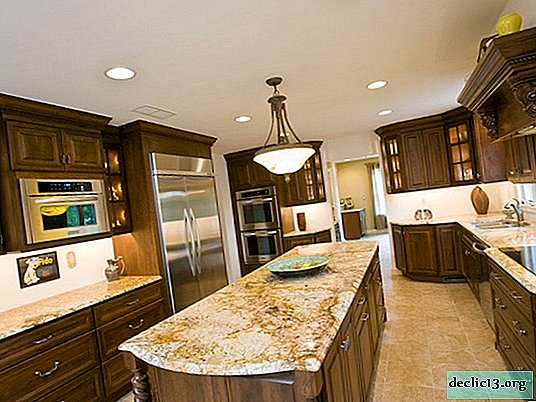
Temperature is nothing
Resistant to temperature extremes
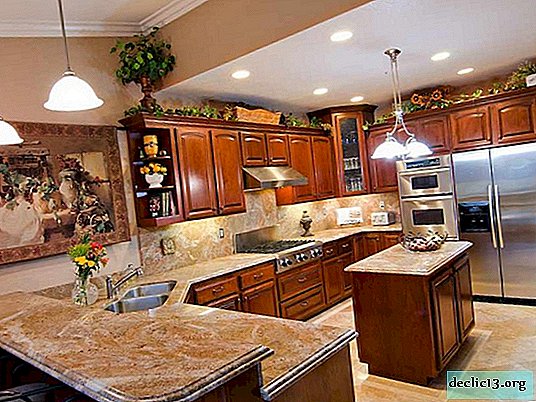
Durability
Even after many years, the material does not lose its original appearance

What else is good?
Resistant to chemicals and has an antistatic effect, which is important for the kitchen
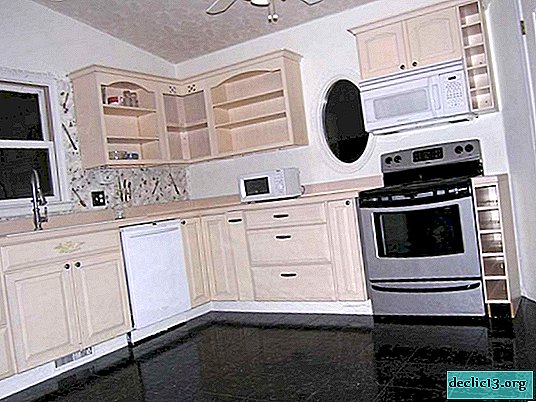
Hard to hurt
High density porcelain stoneware provides impact resistance

A few more pluses
Large selection of surface textures. There is also a tile with anti-slip properties.
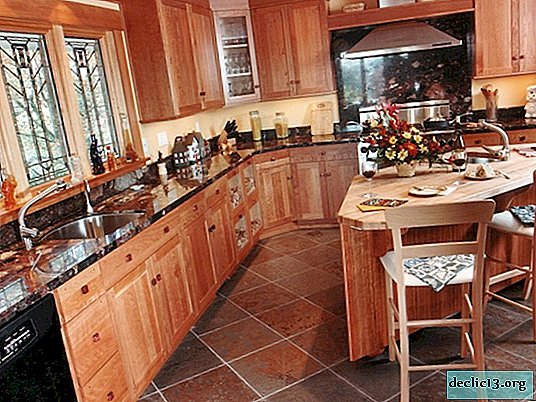
Sustainability
Does not respond to mechanical stress

Colors
The ability to make tiles in any color design
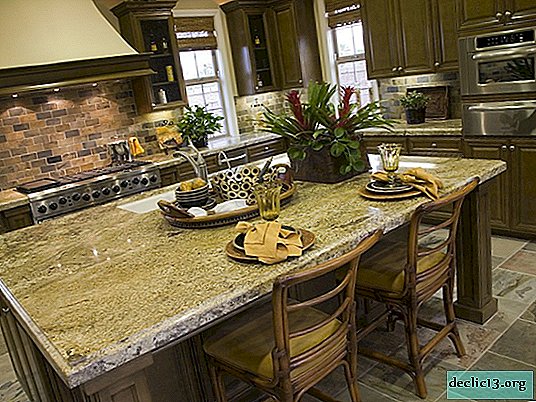
Great for the kitchen
Porcelain tile is well suited for the kitchen: it is not afraid of temperature changes, does not fade, does not fade, is resistant to aggressive environments and is able to maintain its original appearance for many years
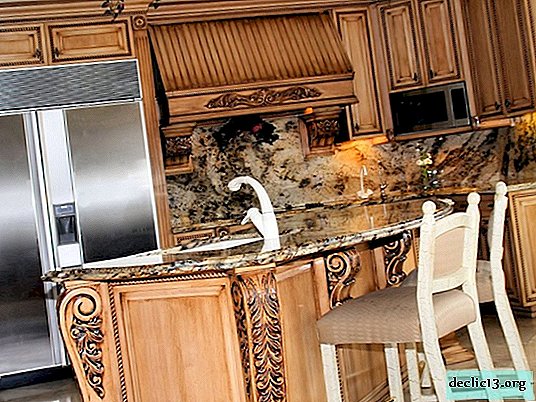
Porcelain is produced from a mixture of kaolin clays. To impart certain properties, quartz, mineral pigments, and metal oxides are added to the mixture. Depending on the proportions of the components, the final material acquires certain properties. Metal oxides are most often dyes. This mixture is pressed under ultrahigh pressure, and then fired in an oven.
Types of Porcelain Tile




- Natural or matte. After firing, the material is not processed. Such tiles have increased wear resistance, so laying of granite on the floor of this particular type is popular.
- Glazed. The matte surface is specially cut and lightened. Glazed porcelain stoneware is deep in color.
- Mosaic. The original version of porcelain tile imitating mosaic execution. It is made of matte and glossy.
- Smalted. For this type of porcelain stoneware, the enamel is fired along with the tile. This is a rather time-consuming process, but it allows you to get unique properties of the tile, including increasing the density of the material. The drawings and shades that can be obtained with this type of manufacture have no analogues among other natural materials.
Why is flooring granite so popular?
Porcelain stoneware has a number of undeniable advantages over others, which is why it has gained wide popularity among specialists in the construction field. Porcelain cladding is used not only in standard designs, but also in such specific and extreme conditions where the use of other finishing materials is simply not possible. It is used in places where physical activity is possible on the material or in objects with high humidity.
Due to its qualities, cheap porcelain stoneware replaces ceramic tiles in the decoration of objects in the open air, because its appearance is not affected by ultraviolet or precipitation. Therefore, it is increasingly used in the lining of restaurants, shopping centers, hypermarkets. Laying porcelain tiles on the floor is welcomed when finishing floors in these rooms or any other, which implies a large flow of people.
Also, the density of porcelain stoneware guarantees the absence of microcracks in the material. Such a disadvantage often has cheap porcelain stoneware. The presence of such microcracks in combination with an adhesive solution has a deplorable effect on the final result. If available, the appearance of spots on the front side of the tile is guaranteed. You can read about other popular floor finishes here.











